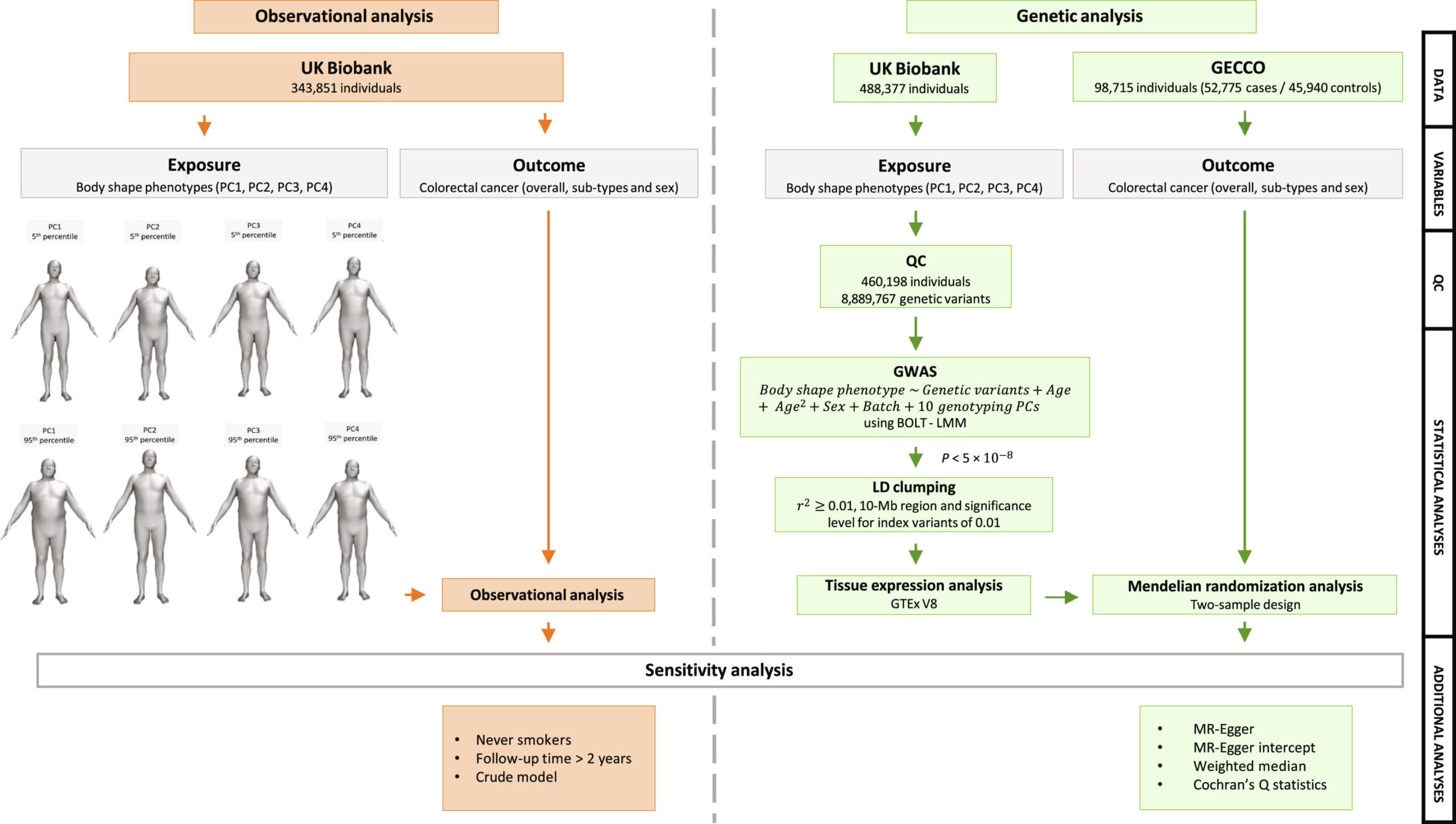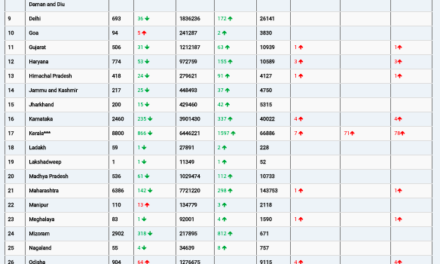Geneva, August 5, 2024 — The World Health Organization’s (WHO) Director-General, Dr. Tedros Adhanom Ghebreyesus, announced on Sunday that he is contemplating the formation of an expert committee to determine whether the escalating mpox outbreak in Africa should be classified as a public health emergency of international concern (PHEIC). This comes in response to a significant rise in cases in the Democratic Republic of Congo (DRC) and its spread to neighboring countries since last September.
Dr. Tedros emphasized the need for an intensified and well-funded response, involving not just the WHO, but also the Africa Centres for Disease Control and Prevention (Africa CDC), local governments, and various partners. “But more funding and support for a comprehensive response are needed,” Tedros stated on the social media platform X.
He further added, “I am considering convening an International Health Regulations emergency committee to advise me on whether the outbreak of mpox should be declared a public health emergency of international concern.”
A PHEIC represents the highest level of alarm the WHO can issue, enabling the director-general to declare such an emergency based on the advice of a specialized committee.
In a statement to the journal Science, Dr. Tedros outlined the necessary measures to control the virus, including enhanced surveillance, community engagement, treatment, and targeted vaccination for high-risk groups.
A Different Strain Emerges
Mpox, previously known as monkeypox, is a viral disease first identified in humans in 1970 in the DRC. It is zoonotic, meaning it can be transmitted from animals to humans and between humans through close physical contact. Symptoms include fever, muscle aches, and distinctive large, boil-like skin lesions.
There are two main clades of the virus: Clade I, more virulent and deadlier, is found in the Congo Basin; and Clade II, which is less severe, is endemic in West Africa. The current outbreak involves a different strain, Clade Ib, which has surged in the DRC since September 2023.
In May 2022, a global outbreak of mpox, primarily affecting gay and bisexual men and caused by the Clade IIb subclade, prompted the WHO to declare a PHEIC. This emergency lasted from July 2022 until May 2023.
Since the resurgence of the Clade Ib strain in the DRC, more than 11,000 cases and 445 deaths have been reported this year, with children being the most affected demographic.
Regional Spread and Response
The African Union (AU) has swiftly allocated $10.4 million from COVID-19 funds to bolster Africa CDC’s efforts to combat the mpox outbreak across the continent. This funding aims to enhance monitoring, laboratory testing, data collection, case management, and access to vaccines.
Recently, Burundi reported three cases, Kenya recorded a single case, and Uganda announced its first two cases, likely linked to infections from the DRC.
The International Health Regulations (IHR) provide a legal framework that obligates 196 countries to manage public health events that have the potential to cross borders. Under these regulations, the WHO chief can declare a PHEIC, triggering a coordinated emergency response.
Since 2009, the WHO has declared a PHEIC seven times, including for the H1N1 swine flu, poliovirus, Ebola (twice), Zika virus, COVID-19, and mpox. The potential declaration of a new PHEIC for the mpox outbreak in Africa underscores the urgent need for global cooperation and resource mobilization to contain the virus and prevent further spread.












